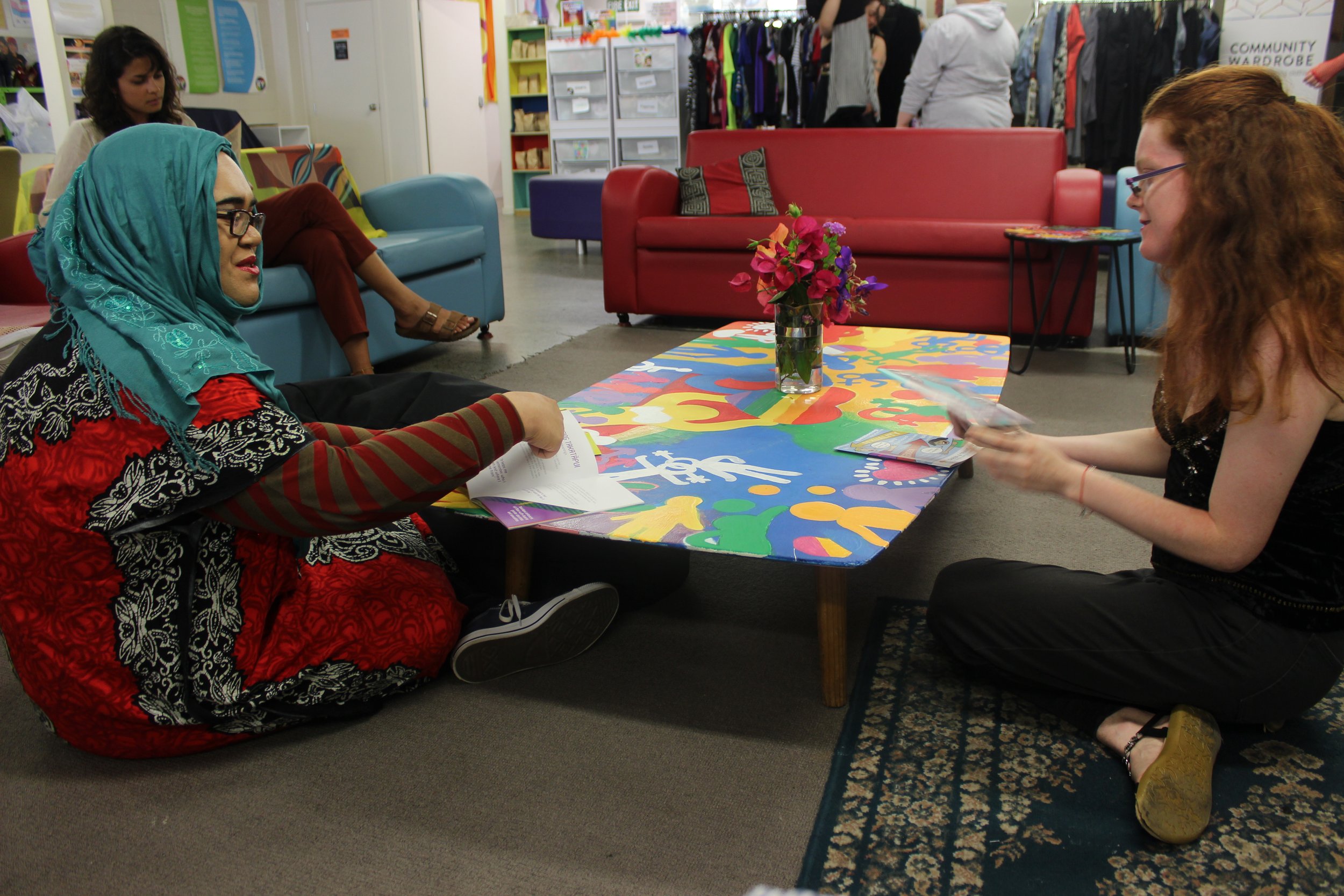
Your Rights
This page outlines the rights of transgender and non-binary people in Aotearoa under the Human Rights Act 1993, with information on uniforms, toilets, medical care, and correcting personal records—highlighting where protections are clear and where the law is still evolving.
The Human Rights Act 1993 - For transgender people
The Human Rights Act does not specifically include transgender as a prohibited grounds of discrimination, however it is generally accepted that it would fall under 'sex' as a prohibited grounds of discrimination as a result of a crown law opinion. The Human Rights Commission does accept complaints of discrimination on the basis of being transgender. However this legal position has not yet been tested in court.
Your Rights: Transgender people
-
(Human Rights Act 1993, s57; Education Act 1989, s72)
Schools and workplaces can require you to wear a uniform or conform to a dress code. If you identify as female or male you have the right to dress in the uniform or dress code of the gender you identify with. You should not be required to wear a third option if you do not want too. This is true at school, at dances, at work and in any other areas of public life. -
(Human Rights Act 1993, s42; Health & Safety in Employment Act 1992)
You have the right to use the toilet of the gender you identify with. In school and work you have the right to access a toilet you feel safe in – this may include a gender neutral toilet. -
The Health & Disability Code of Health and Disability Services Consumers’ Rights Regulation 1996)
You have to right to be treated with respect. If a doctor or other health professional makes inappropriate comments to you this may be a breach of your right. If they don’t give you privacy to change or a drape for physical examination this may also be a breach of your rights.
You have the right to services of an appropriate standard. The appropriate standard is determined by the the medical profession generally.
You have the right to bring a support person of your choosing with you to any appointment.
You can make a complaint to the Health and Disability Commissioner who can also provide you with a free advocate to assist with your complaint. -
(Privacy Act 1993, Priniciple 7; Human Rights Act 1993, s42)
You have the right to have your gender and title respected. You can be required to provide proof of your identity but you should not be asked to provide more proof than a cisgender person. If an organisation is insisting on a higher standard for you because you are transgender, you could make a complaint to the Human Rights Commission. You could also speak to Community Law about other options that might be available.
An exception to your general right to correct your records is your birth certificate. Correcting your birth certificate requires you reach a medical standard. This standard varies from case to case but generally requires some degree of permanent physical change to conform with the gender you identify as (this does not necessarily mean surgery but often means surgery). You will also need to apply through the Family Court.
Human Rights Act 1993 - For non binary people
Human rights law regarding people who fall outside the gender binary has not really been tested in New Zealand. We do not know if genderqueer people will be protected by the definition of ‘sex’ in the Human Rights Act.
Your Rights: Transgender people
-
(Human Rights Act 1993, s57; Education Act 1989, s72)
If you fall outside the gender binary the law is less clear. Uniforms can be assigned along gender binary lines so long as the effect of the uniform is not discriminatory e.g. if boys must wear pants and girls must wear long skirts but the skirt prohibits movement this can be considered discriminatory. You could use this to try and make an appropriate middle ground uniform available. -
(Human Rights Act 1993, s42; Health & Safety in Employment Act 1992)
You have the right to use the toilet of the gender you identify with. In school and work you have the right to access a toilet you feel safe in – this may include a gender neutral toilet. -
The Health & Disability Code of Health and Disability Services Consumers’ Rights Regulation 1996)
You have to right to be treated with respect. If a doctor or other health professional makes inappropriate comments to you this may be a breach of your right. If they don’t give you privacy to change or a drape for physical examination this may also be a breach of your rights.
You have the right to services of an appropriate standard. The appropriate standard is determined by the the medical profession generally.
You have the right to bring a support person of your choosing with you to any appointment.
You can make a complaint to the Health and Disability Commissioner who can also provide you with a free advocate to assist with your complaint. -
(Privacy Act 1993, Priniciple 7; Human Rights Act 1993, s42)
You have the right to have your gender and title respected. You can be required to provide proof of your identity but you should not be asked to provide more proof than a cisgender person. If an organisation is insisting on a higher standard for you because you are transgender, you could make a complaint to the Human Rights Commission. You could also speak to Community Law about other options that might be available.
An exception to your general right to correct your records is your birth certificate. Correcting your birth certificate requires you reach a medical standard. This standard varies from case to case but generally requires some degree of permanent physical change to conform with the gender you identify as (this does not necessarily mean surgery but often means surgery). You will also need to apply through the Family Court.

